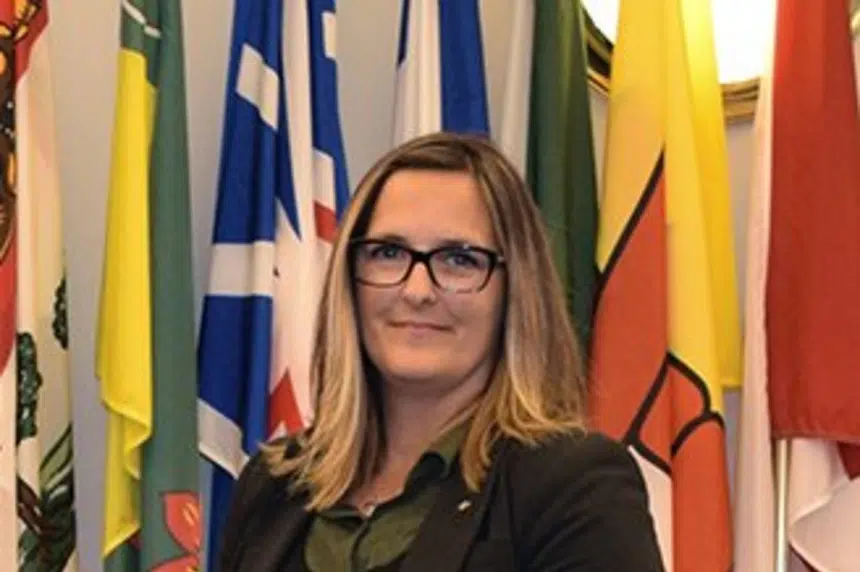Saskatchewan’s advocate for children and youth is concerned that deaths among youth involved in care will surpass its highest level in half-a-decade.
Lisa Broda told 650 CKOM Friday that trends typically in the past few years have been in the high teens. In 2019, the number of deaths spiked to 34.
So far in 2020, up to Aug. 31, Social Services data provided to 650 CKOM shows the province sits at 25 deaths in the first eight calendar months.
Six of the 25 deaths involved children classified as “in care” with either the Ministry of Social Services or the First Nations Child and Family Services Agency (FNCFS). The additional 19 deaths involved the children’s families being in receipt of social services or were in receipt during the last 12 months.
If the trends continue, provincial numbers are on pace to surpass 2019 totals.
“This year, we’re seeing some of the similar numbers. I’m concerned we’re going to pass the 34 mark. It’s extremely concerning to my office. We’ll be analyzing the trends that we’re seeing starting in the fall,” Broda said.
“We (want to) see where, if there (are) any services that are falling down around (the Ministry or FNCFS). Again, we don’t know that until we take a look at what the themes are telling us about how, and why these children tried.”
Broda said it’s difficult to know where to focus its efforts until they are able to investigate all aspects involved.
Following the examination, the advocate can then meet with the Ministry’s involved to find if there’s anything that can be done or be done better.
“These children that we have in this system are vulnerable. They have families that are vulnerable. There’s much more, bigger prevention efforts needed,” Broda said.
“The picture’s much bigger than just what we may see in each death that we review.”
When analyzing the basic data provided by the Ministry, one glaring trend emerges. Twenty-four of the 25 children who died were Indigenous.
“That raises alarm bells for us,” Broda said. The children that we see coming into our systems, we need to know that there is a historical legacy that has led to Indigenous children having that over-representation in the system, as we see it.”
Broda also pointed to a recent study done by the Canada chapter of UNICEF on child well-being.
In its study, Canada ranks 30th out of 38 countries of comparable wealth when it comes to the well-being of children and youth under 18.
Broda said this focuses on mental and physical health, but an additional threat to Canada and Saskatchewan’s children continues to plague their well-being.
“Suicide is the second-leading cause of death for children in the province,” Broda said. “It’s high here, and it’s egregiously high for Indigenous children.”
“There’s a lot of talk about it, but not hearing too much about what we’re doing about it.”
In a recent interview with the Canadian Press, UNICEF Canada Chief Executive David Morley said its research has pegged Canada at a mortality rate at 0.98 child deaths per 1,000 births.
The figures are much higher, the researchers noted, for Indigenous children or children from racialized communities.
“We need to talk more publically, create more awareness. I would love to see (a) Canadian point of view, a national strategy. But, also a provincial strategy for the province of Saskatchewan that focuses on children,” Broda said, noting that it’s critical to invest in children locally, along with those in vulnerable families.
“They have a right to survival. And a right to safety. And a right to protection— there’s way more that we could be doing.”
With the COVID-19 pandemic ongoing, Broda believes that the issues have been amplified when looking at the well-being of children provincially and nationally.
She compared the ways adults have looked at the pandemic, to what it must feel like through the eyes of a child.
“If we’re all impacted, and trying to manage (COVID) as adults. How is it for children? How is it for children that are isolated, who can’t get the services as readily as others in urban centres?” she said.
“The top (impact) is mental health… we hear this from various forums across the province, and there (are) not enough services is what we’re hearing.”
— With files from the Canadian Press







